Work to develop a test to detect super-strength synthetic opioid substances linked to deaths across Scotland has been welcomed as “crucial”.
NHS Tayside confirmed efforts were underway to develop a test for the substances – known as nitazenes – which medics have warned pose serious health risks.
Potent opioids, often developed in foreign labs, nitazenes can be many times stronger than more commonly used drugs like heroin.
But they have been found in streets drugs like benzodiazepines and fake medicines sold without a prescription, causing fears people may take them without knowing and experience a deadly overdose.
A total of nine deaths linked to nitazenes have been identified so far in Scotland, with warnings about the effects issued in Dundee.
It also means those who do experience an overdose may present at hospital unaware of exactly what has been taken, with NHS Tayside confirming it cannot currently test for their presence in the body.
Tests could be introduced in ‘near future’
But in response to a Freedom of Information request from North East MSP Tess White, it said this would change in the “near future”.
The health board told the MSP in its response: “Cases in the UK indicate they are not being taken in their own right and are being encountered mixed into other illicit drugs.
“For this reason, people do not generally present to hospital knowing they have taken them and so we would only be aware of the presence of nitazenes if they were specifically tested for.
“NHS Tayside does not have tests for these drugs at present but will have in the near future.”
It is understood a research project is in its early stages, with an NHS Tayside spokeswoman unable to provide a timescale for the introduction of the tests.
Ms White, the Scottish Conservative’s public health spokesperson, welcomed the move, saying data on the prevalence of the drugs would be crucial.
She told The Courier: “Nitazenes are a particularly nasty toxic substances which is plainly being mixed in with heroin, cocaine and indeed other synthetic drugs.
“Much of the evidence however is anecdotal, or too high level to indicate problem areas.
“So we need the data to be collected, which will feed in to Public Health Scotland’s emergency recording system.
“NHS Tayside are doing the right thing taking this threat seriously.
“It’s vitally important the health board and Scottish Government are armed with the right data to begin combating this menace.
“So I would urge the SNP-Green government to make sure it’s getting the same data from the rest of Scotland.”
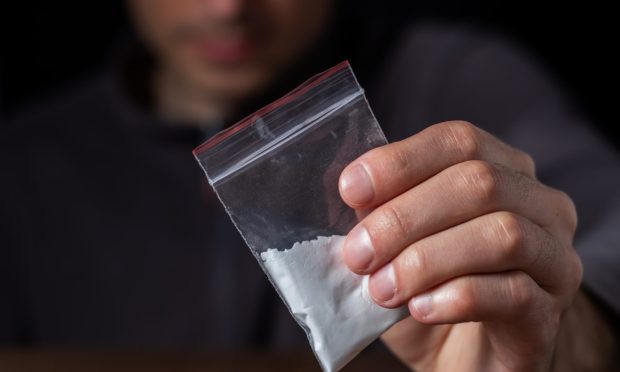
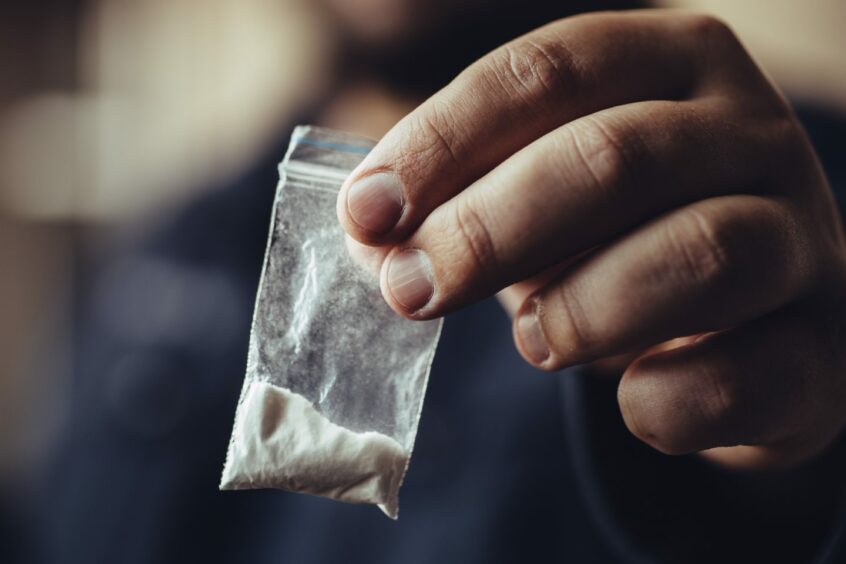
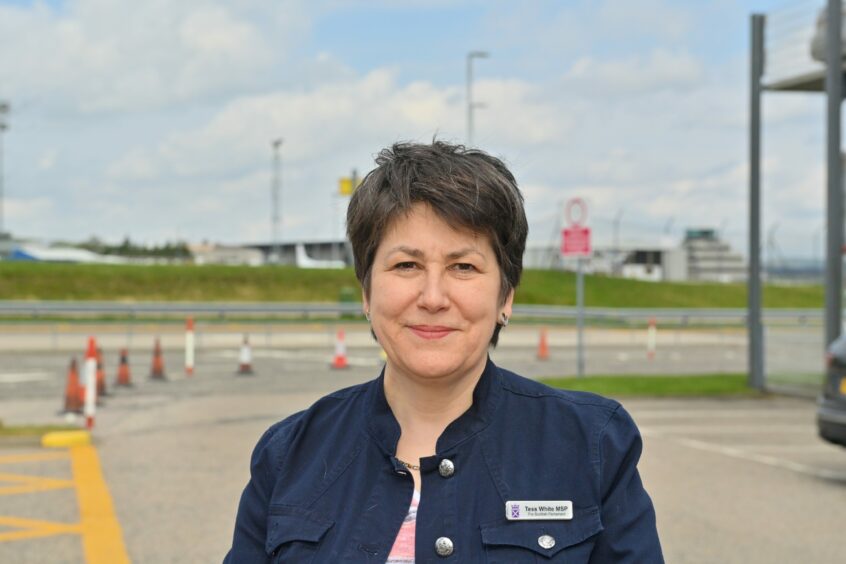


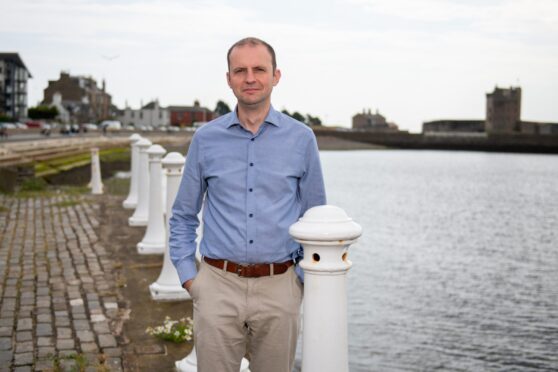
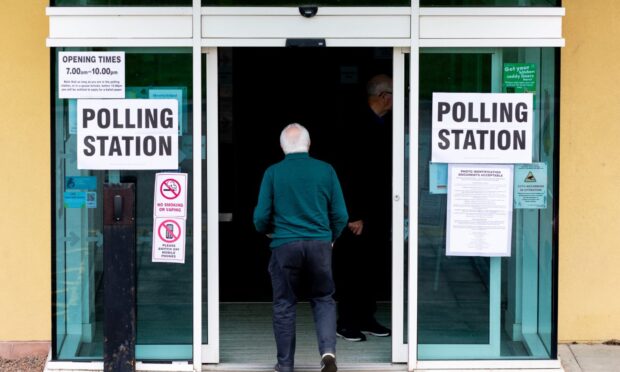






Conversation